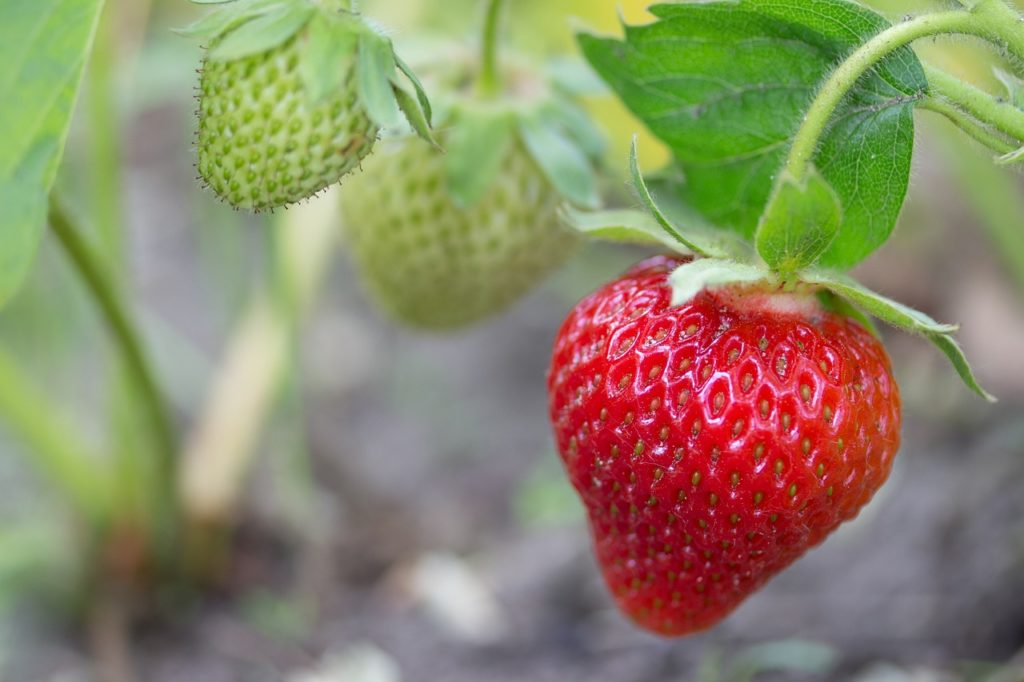Antwerp University will be extending to various European countries its AIRBezen project, in which citizens contribute to research on air pollution’s impact in cities by monitoring its effects on plants. Under the guidance of the university, citizens will contribute to research on the link between air pollution and green spaces in towns using strawberry and Bird's-foot trefoil plants.
The AIRbezen Project began in 2014 under the leadership of University of Antwerp bioengineer Roeland Sampson. Under the initiative, more than 1,000 Antwerp residents have used strawberry plants to measure the effects of air pollution fueled by road traffic. Similar campaigns have also been conducted in the Dutch city of Drimmelen and Saragosa in Spain. In East Flanders, more than 10,000 persons participated in 2017.
The project has now spread to Estonia, France, Poland, Portugal and Switzerland. Participating cities were selected based on their location so that many climatic areas can be covered.
“Once again, we will monitor the air quality linked to road traffic in urban environments, based on strawberry plants given to citizen volunteers – 50 per town -," Roeland Samson said. “But a new aspect is now coming into play: we will also study the success of plant pollination in urban environments, and for that we’ll use another plant, the Bird's-foot trefoil.”
Scientists will analyse the results and compare air pollution levels and the presence of green spaces in the cities, according to Samson. This will allow them to determine, for example, the size a city’s park needs to attain to have an influence on its climate, he said.
Each participating citizen receives a strawberry plant and a trefoil. During this spring and summer, they will need to take care of them, monitor the number, size and shape of the strawberries they produce and collect the trefoil pods. All this information will then be analysed by the University of Antwerp.
The results are expected in November.
The Brussels Times

